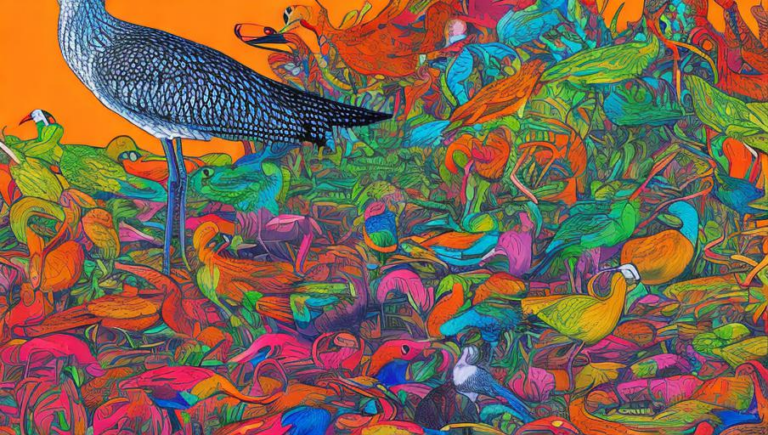Going on an Ape Safari

Going on an Ape Safari
Exploring the wild is an incredible experience, especially when it involves observing primates in their natural habitat. For those looking for an unforgettable experience, going on an ape safari can provide just that. With careful planning and preparation, an ape safari can be a once in a lifetime experience.
What to Expect on an Ape Safari
Ape safaris typically involve observing a variety of primates in their natural environment. Depending on the tour, visitors may observe species such as gorillas, chimpanzees, orangutans, bonobos, and gibbons. These tours give visitors the opportunity to observe the primates in their natural habitats, study their behavior, and learn more about their ecology. Additionally, some tours may include visits to conservation and research centers, where visitors can learn more about the plight of the primates.
Planning Your Ape Safari
When planning your ape safari, it is important to consider the type of tour you would like to take and the time of year you would like to go. Ape safaris are available in a variety of locations, including Africa, Southeast Asia, and South and Central America. Depending on the region, different species of primates may be available for observation. Additionally, some tours may be more expensive than others, so it is important to research the different options available.
Choosing the Right Tour
When selecting a tour, it is important to consider the type of experience you are looking for. Some tours may be more focused on observing the primates, while others may be more focused on conservation and research. Additionally, some tours may be more focused on photography or include additional activities, such as hikes or cultural experiences. It is also important to consider the length of the tour, as some may be longer or shorter than others.
Health and Safety
When planning your ape safari, it is important to consider health and safety. Depending on the tour, visitors may be required to take certain medications or vaccinations. Additionally, it is important to wear appropriate clothing and use insect repellent to protect against any potential illnesses. When entering the natural habitats of the primates, it is also important to stay quiet, remain still, and follow the instructions of the tour guide.
Making the Most of Your Ape Safari
For those looking to make the most of their ape safari, it is important to come prepared. Bring binoculars and a camera to capture the experience, as well as a notebook and pen to document the trip. Additionally, it is important to stay hydrated, as it can be hot in the natural habitats. Finally, it is important to be respectful of the primates and their environment, as they are a valuable part of the natural world.
Conclusion
Going on an ape safari can be a once in a lifetime experience. With careful planning, visitors can make sure they are prepared for the journey and make the most of their time in the natural habitats. By taking the time to research the different tours available, visitors can ensure they have the best experience possible.





